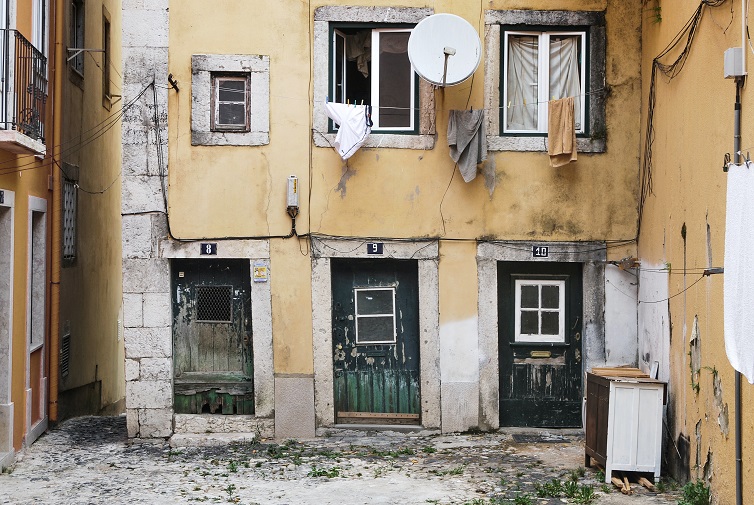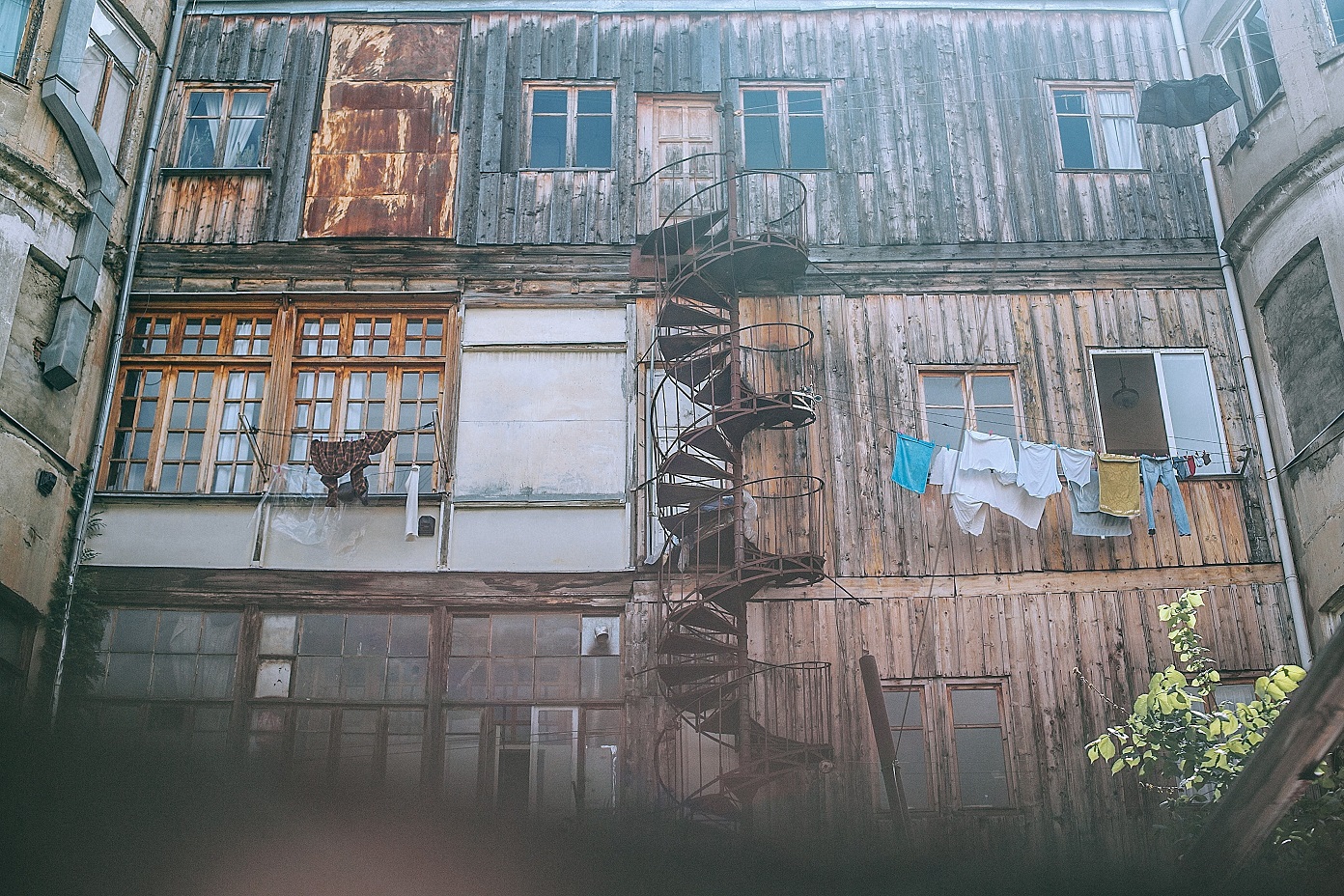Improving neighborhood safety may help sleep habits.
It’s no secret that getting adequate sleep – and quality rest– is essential for maintaining good health. Being subjected to risk factors that reduce the amount of sleep one is able to have each night as well as those that promote restlessness throughout the night can impact overall well-being. A new study from the National Institute of Environmental Health Science (NIEHS) has found that one of these risk factors is growing up in neighborhoods perceived as unsafe. More specifically, unsafe neighborhoods have been found to cause their residents to experience disordered sleep habits through the lifespan and, therefore, improving neighborhood safety can have long-term benefits on sleep quality.
“Our study expands upon previous findings by demonstrating a possible link between neighborhood environments in childhood and sleep health during adulthood,” explained lead author Symielle Gaston, PhD, MPH, research fellow with the National Institute of Environmental Health Science (NIEHS), Durham, North Carolina.
The study’s findings were presented at SLEEP 2022, the 36th annual meeting of the Associated Professional Sleep Societies.

“Sleep disparities begin to emerge as early as infancy, so it is important to identify modifiable targets for interventions to prevent the emergence of sleep health disparities as early in the lifespan as possible. The environment has been shown to play a vital role in sleep health,” added Gaston.
To study the association between residence and quality of sleep, the researchers used data from 1611 Black women enrolled in the Study of Environment, Lifestyle and Fibroids to investigate associations between their “perceived childhood neighborhood safety at ages 5, 10, and 15 years and sleep health at ages 23-25 years…At age 5, 10, and 15, 20%, 22% and 31% of the women, respectively, perceived their neighborhood as unsafe; 17% felt their neighborhood was not safe at every age…As adults, roughly 60% of women reported both short sleep duration (less than 7 hours) and frequently waking up feeling unrested; 10% reported frequent symptoms of insomnia.”
Moreover, women who felt their neighborhood was not safe at every age were more likely to regularly wake feeling unrested as adults, suggesting that their childhood circumstances carry into all phases of life. “Living in a perceived unsafe neighborhood at ages 5 and 15 years was associated with frequent insomnia symptoms and frequently waking feeling unrested, respectively,” the team wrote, continuing, “Perceived unsafe neighborhood at age 10 years was marginally associated with a higher prevalence of both frequently waking feeling unrested (PR, 1.11; 95% CI, 0.98 – 1.27) and frequent insomnia symptoms (PR, 1.58; 95% CI, 0.99 – 2.52) during adulthood.”
Gaston said, “The findings aligned with both our expectations and prior studies that demonstrated associations between neighborhood safety and sleep disturbances at different life stages. There are known persistent racial/ethnic and socioeconomic disparities in sleep health with Black/African Americans being much more likely to have insufficient sleep and poor sleep quality compared to other Americans. Feelings of being unsafe in one’s environment may negatively impact one’s ability to engage in restful, uninterrupted sleep.”
Of course, one limitation of the current study is that the researchers only reviewed data from female participants. Data from males should be collected in subsequent studies in order to document a more complete picture of the association between safety and sleep.
The author’s findings seem to suggest that increasing public safety measure in unsafe neighborhoods could promote better quality sleep among its residents. Early interventions with regards to these services could prevent citizens from experiencing lifelong sleep difficulties.
Sources:
Growing Up in Unsafe Neighborhoods Tied to Poor Sleep in Adults
Growing up in an unsafe neighborhood may impact adult sleep health


Join the conversation!